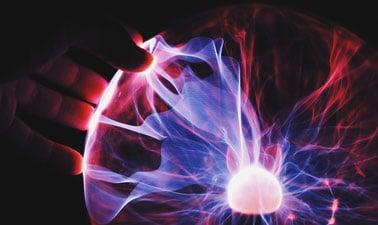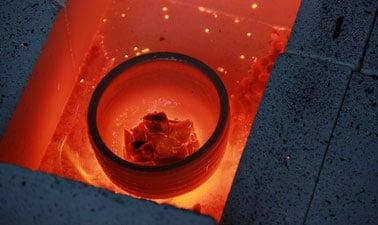James Anderson
James (Jim) G. Anderson is the Philip S. Weld Professor in the Departments of Chemistry and Chemical Biology, Earth and Planetary Sciences and the School of Engineering and Applied Sciences, Harvard University. Among other honors, Jim received the 2019 Alumnus Summa Laude Dignatus from the University of Washington, the 2017 Lichtenberg Medal from the Göttingen Academy of Sciences and Humanities, the 2016 Polanyi Medal of the British Royal Academy of Chemistry for work on free radical kinetics, the 2016 Benton Medal for Public Service by the University of Chicago, and the 2012 Smithsonian American Ingenuity Award in the Physical Sciences.
The Anderson research group addresses four domains at the intersection of the physical sciences with global climate change: (1) chemical catalysis sustained by free radical chain reactions that dictate the macroscopic rate of chemical transformation in Earth’s stratosphere and troposphere; (2) mechanistic links between chemistry, radiation, and dynamics in the atmosphere that control climate; (3) the design and development of new climate observing systems including solar powered stratospheric aircraft and the StratoCruiser Flight System; and (4) chemical reactivity viewed from the microscopic perspective of electron structure, molecular orbitals and reactivities of radical-radical and radical-molecule systems.




